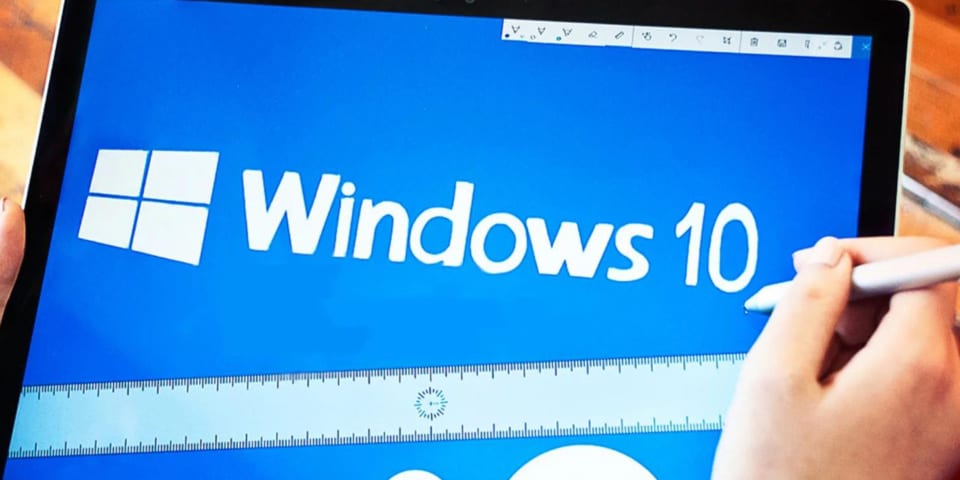Introduction
Windows is Microsoft’s pride and joy, and for a good reason. Besides a few bumps in the road (let’s not talk about Windows 8), Windows has been the model OS for decades. Though, being a model OS doesn’t mean it doesn’t suffer from the same problems other operating systems face, including security threats.
Windows Threats
Unsecured Public Wi-Fi
It’s hard to find a public spot that doesn’t brag about having public Wi-Fi. Even restaurants have public Wi-Fi! But public Wi-Fi is, more often than not, a danger to users. Don’t get it twisted—public Wi-Fi can be extremely helpful to people who need to do some quick work at the library or local coffee shop. However, public networks rarely
meet modern security standards, meaning that many cybercriminals look to public networks to gather information and steal data. For this reason, public networks are a threat unless affected users secure themselves (more on that later).
Ransomware
Park Jin Hyok, a member of the hacking cell The Lazarus Group, put on full display the dangers of ransomware when helping develop and release WannaCry, ransomware that caused billions in damages across the world in 2017
Since WannaCry, many hackers have attempted to recreate both its infamy and effectiveness. And while none have quite achieved WannaCry-level infamy, there have been many effective ransomware attacks, especially in the healthcare industry.
How to Keep Your Windows PC Safe
Use Encryption
Cybercriminals thrive on users leaving their data unencrypted. Why? When data is unencrypted, cybercriminals only need to worry about stealing the data. Once the data is in their hands, the data is readable and usable.
If the user encrypts their data, however, not only does stealing the data become more difficult, using the data becomes near-impossible. For this reason, Windows users should always encrypt their data
Users can start by encrypting their network data with a VPN. What does a VPN do? A VPN, also known as a Virtual Private Network, actively encrypts data your device sends out, making it difficult for cybercriminals to steal said data. VPNs work great and are recommended when connected to public networks
Windows users should also take advantage of BitLocker, a Windows-exclusive program that comes with certain versions of Windows 10. BitLocker encrypts your storage drives and requires you to enter a password whenever unencrypted, transferring or looking through the storage drives.
Avoid Suspicious Links and Attachments
When the Internet was still a recent invention, users quickly learned that everything on the Internet should be looked at with suspicion—if the link or program wasn’t vetted and confirmed to be safe, it might as well have been a virus.
The same holds true today, though it’s become slightly easier to identify sketchy links or suspicious programs. If you end up coming across a dubious-looking link, email, attachment, or website, leave as fast as you can. Phishing scams and malware links are as prevalent as they were in the early 2000s.
Conclusion
Windows PCs may suffer from a lot of targeted attacks by hackers, but they are easy to secure. With only these two steps, your Windows PC will be much more secure than many other Windows PCs out there.

